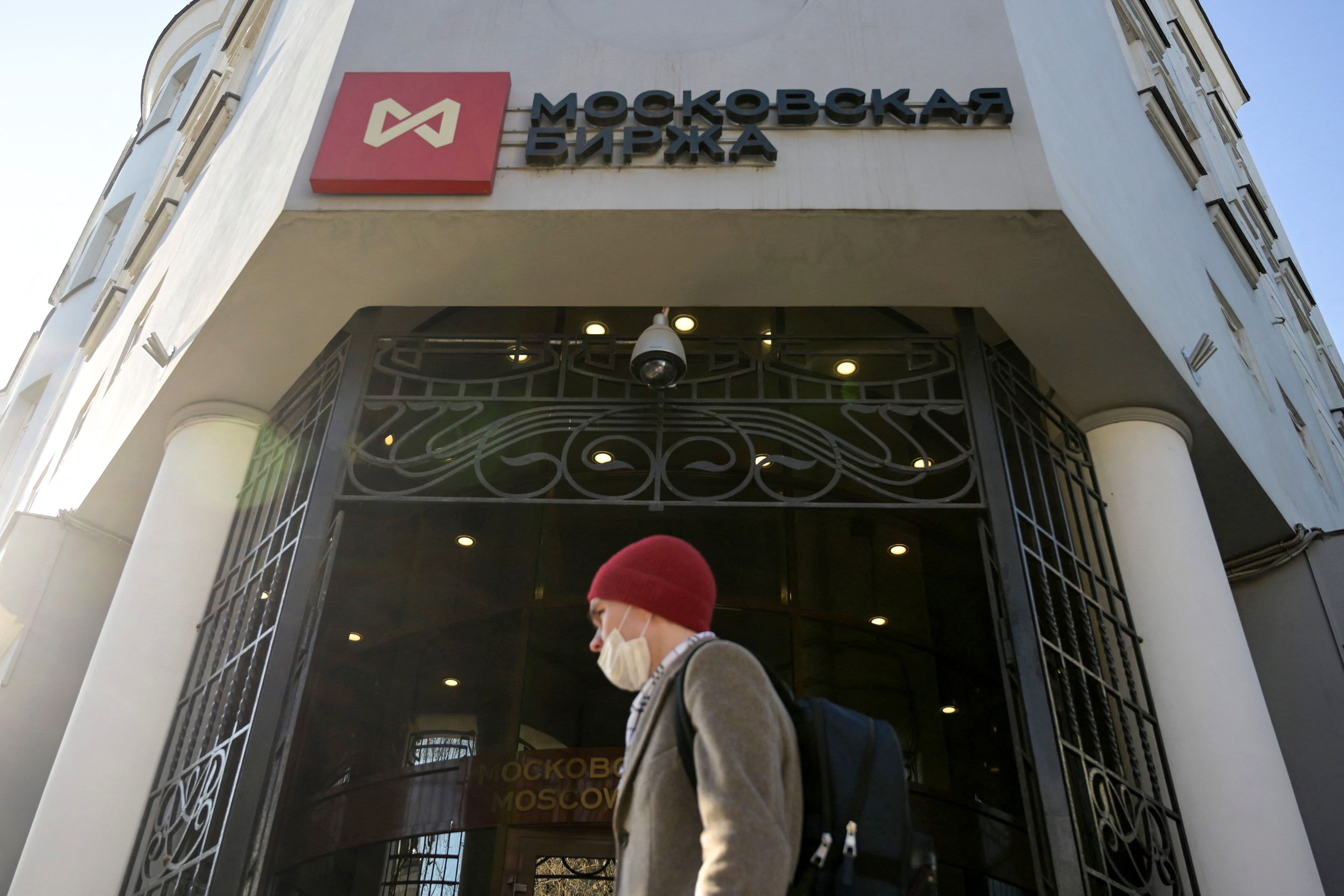Deutsche Bank Uncovers Shortfall in Russian Shares, Challenging Investor Recovery
Deutsche Bank's disclosure of a shortfall in Russian shares underlying depositary receipts underscores the challenges faced by global investors in recovering their investments in Russian companies.

Deutsche Bank, Germany’s largest bank, has informed its clients that it can no longer guarantee full access to Russian stocks belonging to them, as it has discovered a shortfall in the shares that back the depositary receipts (DRs) issued by the bank.
The worrisome revelation highlights the difficulties faced by global investors in recovering stranded investments in Russian companies. The shortfall is attributed to a decision by Moscow to allow investors to convert some of the DRs into local stock without Deutsche Bank’s involvement or oversight, making it challenging to reconcile the company shares with the depositary receipts. Thus, the development raises concerns about investor ownership and the prospects for recovering investments in Russian companies.

Deutsche Bank Uncovers Shortfall in Russian Shares
Deutsche Bank disclosed the shortfall in a note dated June 9, stating that it had identified a discrepancy in the shares underlying the depositary receipts issued before the Ukraine invasion. These shares were held in Russia by a different depositary bank. The bank attributed the shortfall to the conversion of DRs into local stock by Russian authorities, a process in which Deutsche Bank had no involvement or oversight. As a result, the bank was unable to reconcile the company shares with the depositary receipts, leaving investors uncertain about the ownership of their entitled shares.
Impact on Investors and Russian Companies, Deutsche Bank
Investors who continue to hold Russian depositary receipts have been informed by Deutsche Bank that they may not receive ownership of all the shares they are entitled to.
The development has raised concerns among investors, including small hedge funds and global asset managers, who still hold depositary receipts. Shares of companies such as Aeroflot, LSR Group, Mechel, and Novolipetsk Steel have been affected. While some investors have already written off Russian assets, others still hope to recover value in the future. The challenges faced by Deutsche Bank in reconciling the shares further complicate the recovery process for investors.

Stranded Assets and Geopolitical Factors
Western sanctions and Russian countermeasures have resulted in stranded assets held by individuals and companies on both sides of the political divide. Moscow‘s strategy of reducing foreign influence on critical companies has led to the temporary control and seizure of Russian subsidiaries of European energy firms.
The Kremlin’s demand for a 10% contribution to the federal budget, termed an “exit tax” by Washington, has added further complexity to the investment landscape in Russia. The vulnerability of various financial assets in Russia, including depositary receipts and equities, highlights the challenges faced by investors in the country.
Challenges in the Conversion Process
The conversion process of depositary receipts into shares has been described as “complete chaos” by lawyers and advisers. Without proper reconciliation between Russia and foreign banks, there is a risk of double counting, where investors hold Russian shares while still retaining the depositary receipts at foreign banks. Grigory Marinichev, a partner at the law firm Morgan Lewis, explained that the lack of reconciliation resulted in confusion and potential inaccuracies in investor holdings. The conversion process needs to be carefully managed to ensure transparency and accountability.

Deutsche Bank’s Response and Future Prospects
Deutsche Bank has taken steps to address the situation by allowing investors to swap depositary receipts for shares as part of its plans to exit all Russia-related business. The bank believes that clients may be in a better position if they can convert their depositary receipts at least partially. However, the challenges with reconciliation have affected other major banks as well, such as JPMorgan & Chase, Citigroup, and BNY Mellon, who act as depositary banks for Russian depositary receipt programs.
The uncertainty surrounding the ownership of Russian shares and the challenges in the recovery process may significantly impact the net proceeds from the shares returned to investors.
The Last Bit, Deutsche Bank’s disclosure of a shortfall in Russian shares underlying depositary receipts underscores the challenges faced by global investors in recovering their investments in Russian companies.
The lack of full access to Russian stocks and the difficulties in reconciling company shares with depositary receipts raise concerns about investor ownership and the recovery of stranded assets.
The geopolitical factors, Western sanctions, and Russian countermeasures further complicate the investment landscape in Russia. As the situation unfolds, investors and banks will need to navigate the complexities of the conversion process and seek solutions to protect their interests and recover their investments in Russian companies.






